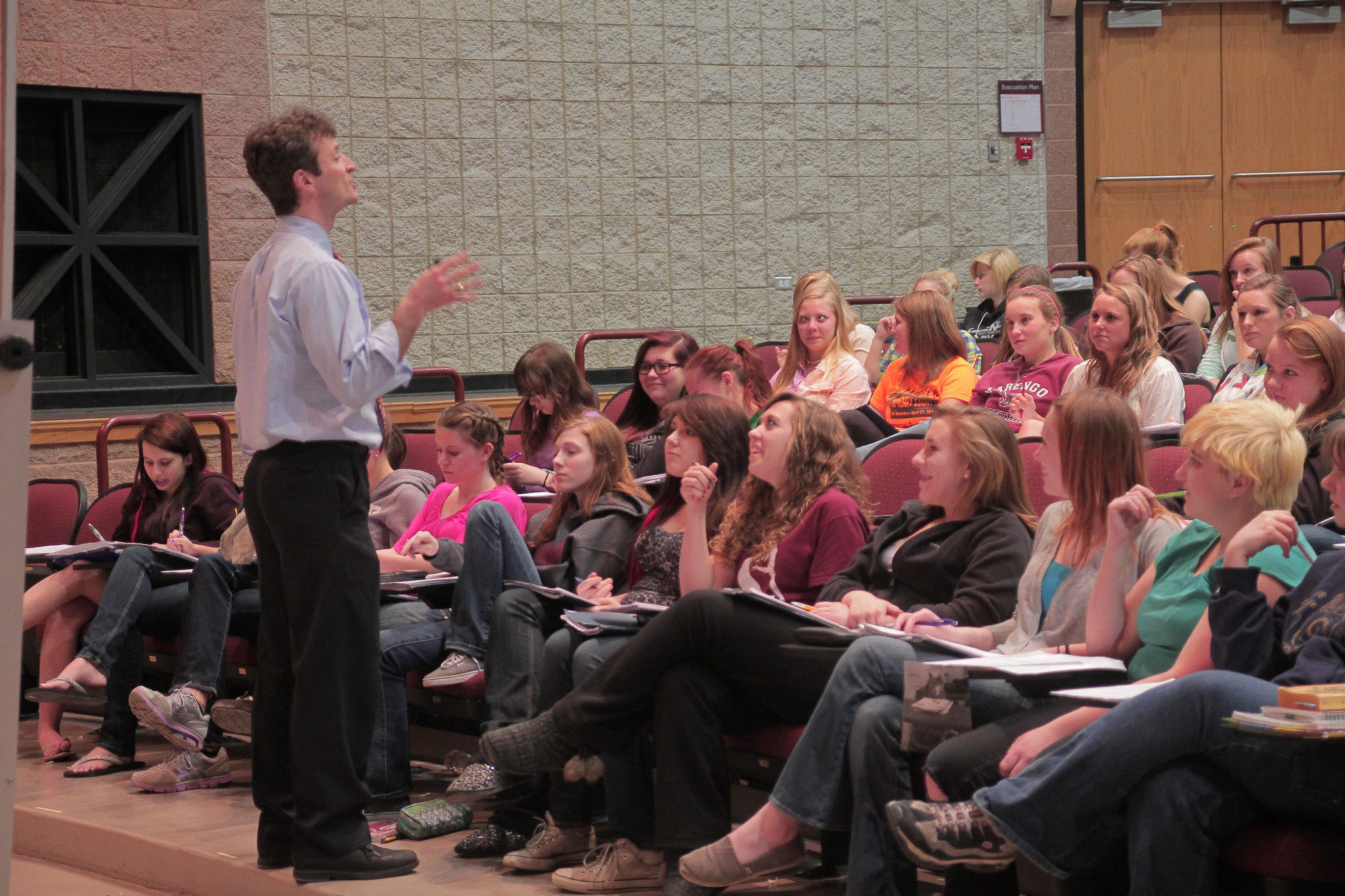School safety has been the predominate concern at the Capitol since the 2018 legislative session began in late February. Legislators have been seeking school leaders for feedback and the House Education Finance Committee will host a panel on school safety this week.
MREA has been invited to be part of the panel along with the Minnesota School Boards Association and Association of Metropolitan School Districts. MREA will articulate key themes and legislative action identified during recent meetings with superintendents. The meeting begins at 1 pm on Tuesday. Check schedule for possible webcast.
The Parkland, Florida, shootings have brought this issue to the forefront in a way like none of the others. There have been many, including two close to home in rural Minnesota in Red Lake and Rocori.
Seeking Feedback
Southwestern Minnesota superintendents engaged in a thoughtful conversation in Slayton last week in response to a request from Sen. Gary Dahms. During their visits to the Capitol last week, the Lakes Area and Northwestern Minnesota superintendents engaged in long, detailed conversations with their legislators and legislative leaders on what it was like to be working in schools today and what their legislators could do.
Legislators were leaning in, and responding that they did not want to mandate what schools did, that they wanted to be partners and were realistic that is not something the legislature can completely fix.
From these conversations four themes are emerging:
1.) Physical school buildings must be secure, and rural schools have limited financial tools to create secure entrances, remodel and otherwise increase the physical security of students and staff. Legislative actions to address this include:
- Allow Long-Term Facility Maintenance (LTFM) funding to be used for school security.
- Increase LTFM funding to meet this need.
- Allow the lease levy to be used for school security and remodeling.
2.) The number and severity of students with special needs is increasing, and rural schools need an array of appropriate services, staff and facilities to meet these children’s needs.
Legislative actions to address this include:
- Provide rural cooperatives and Education Districts the tools metropolitan Intermediate districts have to build and staff well designed, appropriate learning spaces. Learn more
- Increase funding for mental health services.
- Allow and support tiered level mental health services, including tribal elders, adult mentors, and youth, with support, mentoring their peers.
3.) Schools need to proactively and systemically form relationships with all students to create community. In the era of social media, this also has become a way adults get tipped off on what is really going on to intercept threats.
Legislative action to address this would be to increase the Safe Schools levy so schools can increase counseling and other staff to successfully and systemically build relationships with all students and include rural cooperatives similarly to metro intermediates with safe school revenue.
There are many programs to support schools, including those listed below. These all take training and staff to support and lead these efforts.
- Responsive Classroom
- Love and Logic
- Conscious Discipline
- Capturing Kids Hearts
- PBIS
- Restorative Justice
4.) Coordinate threat analysis and response with local law enforcement. This includes mitigation, preparedness, response and recovery. While schools are required to have emergency plans, some communities have highly integrated plans between law enforcement and the school district to address threats, others not so much.
Legislative action to address this would be again to increase the Safe Schools levy for this purpose and to provide a similar funding stream for counties and cities for planning, mitigation and preparedness.





